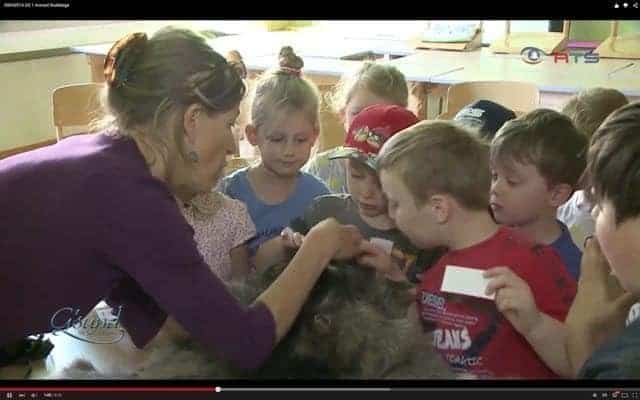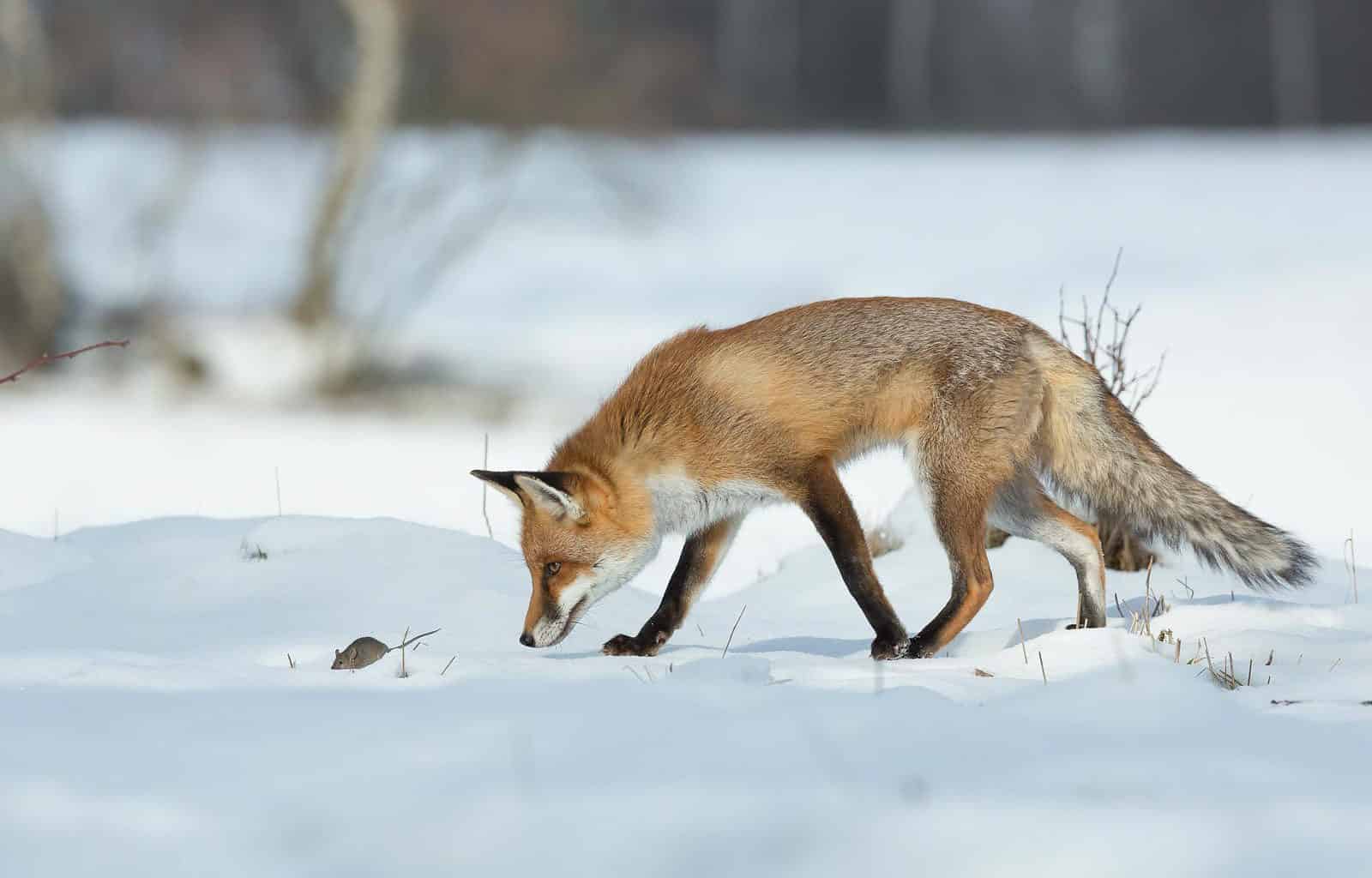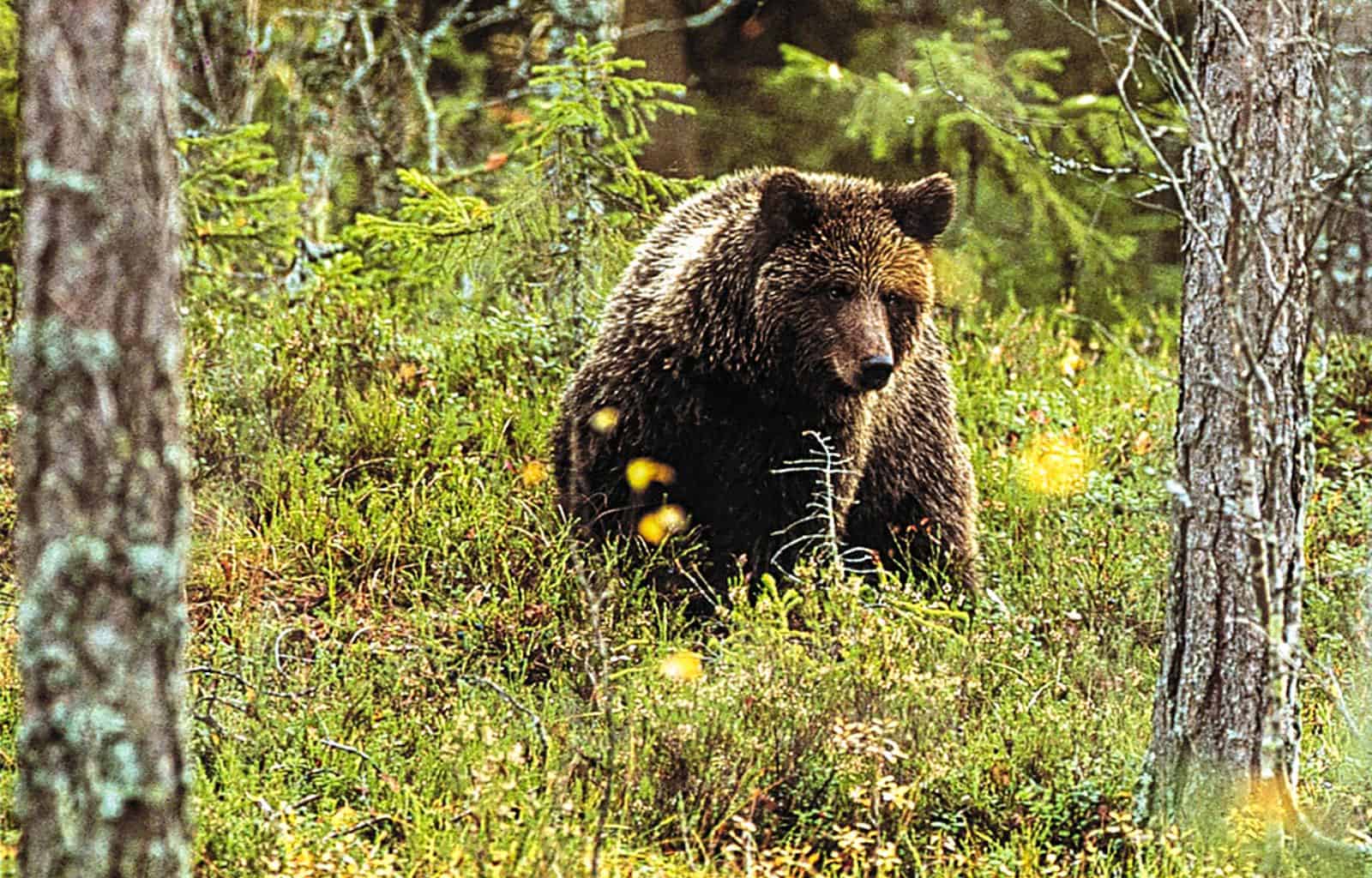Valentine’s Day in the Animal Kingdom
Love seems to be one of the most complex emotions to define and tangle for humans and even more so for animals
When observing animals, we often ask ourselves the question, Do animals really love? Or is their love simply a means of reproducing?
Some animals for sure give the impression that they are able of feeling an emotion like love: elephants mourn their dead, penguin couples hatch their eggs and raise their chicks together and swans, among others, mate for life. However, humans are warned not to do so, and yet we always fall into the trap of projecting our own traits and feelings onto animals, especially if they are our pets.
So, how do love and relationships work in the animal kingdom?
First of all, we need to differentiate between different kinds of love. There is romantic love (for one specific partner) and companionate love (for friends and family).
Biologists and other scientists have been trying to understand whether or not animals feel the emotion we call love. It is a difficult undertaking. Since they obviously cannot simply speak to them and ask them, they instead measure hormone production and scan brains.
Animal relationships work in a lot of different ways; every species finds its own way that works for them. Some are monogamous, some are sexually monogamous, some are socially monogamous and others are polygamous. This usually has to do with their way of reproducing as well as caring for and raising their offspring. For example, bird species are often monogamous because both male and female help providing food for their offspring. They raise their chicks together, so it is convenient to have just one partner.
Albatrosses, for example, come back to the same partner once a year. This can go on for over 60 years. When the partners finally meet, there are greeting rituals that give humans a strong impression of love.

If you see those rituals, then you must say, ’There must be more than only an attachment bond.’
The African Elephant is the typical example of companionate love. They spend their lives together as family and mother elephants carry their babies for 22 months. If one elephant from the herd dies, the family and other herds come back to the dead body. Sometimes, they stay there for days, seemingly mourning it.

Orangutans show another example of unconditional love. Female orangutans parent their newborns for eight years, longer than any other animal single parent. During these eight years, the mother orangutans teach their offspring all the skills they need in the future to survive by themselves.
Understanding how love and bonding works in the animal kingdom is not only beautiful to see but also because scientists use this information to preserve critically endangered species. Some conservationists create breeding programmes for endangered species and therefore they need to know how these animal species mate.
Animal couples that conquered the internet
However, there are not only animal couples of the same species: Here are some animal friendships between different species that have conquered people’s hearts.
Roy and Silo, two male chinstrap penguins in New York City’s Central Park Zoo, performed mating rituals. One of them tried to hatch a rock, believing it to be an egg. Consequently, the zookeepers gave the two males an egg by another penguin couple that could not hatch it. Roy and Silo hatched the egg and raised the chick. Penguins always raise their chicks as couples. While one guards the chick, the other one goes looking for food. This they do alternatingly.
Tarra the elephant and Bella the dog met at The Elephant Sanctuary in Tennessee in 2003. Usually, new elephants choose another elephant as companion, but when Tarra came, she chose to stick to Bella. They were spending all their time eating, sleeping and playing together. When Bella had to go to a clinic because of an injury, the elephant friend even stayed outside to building to wait for her. They were happy to be reunited after some days. When Bella died, Tarra also mourned her like elephants typically do.








